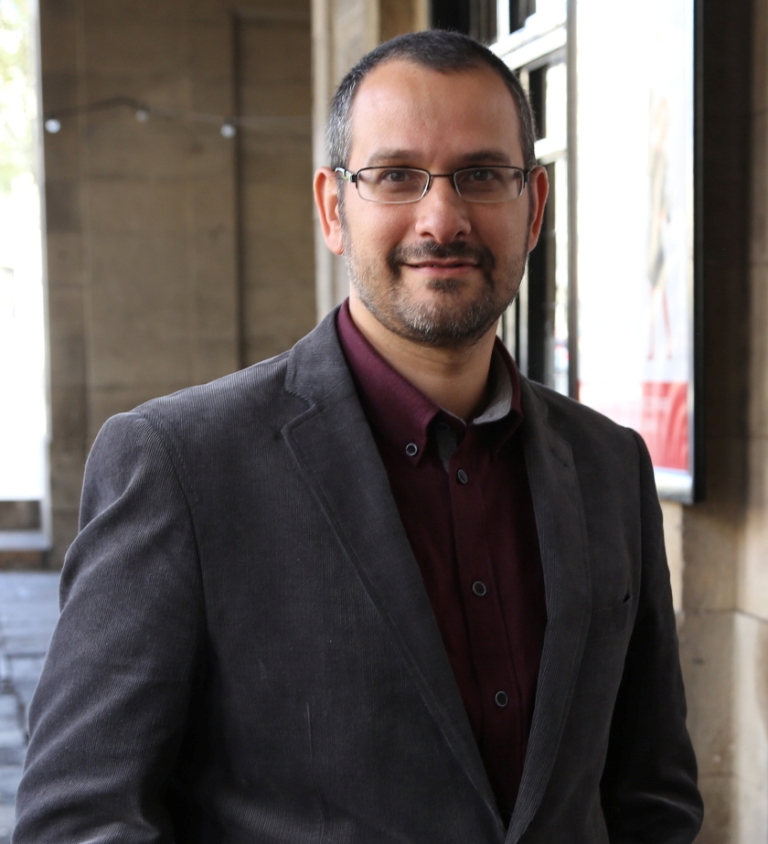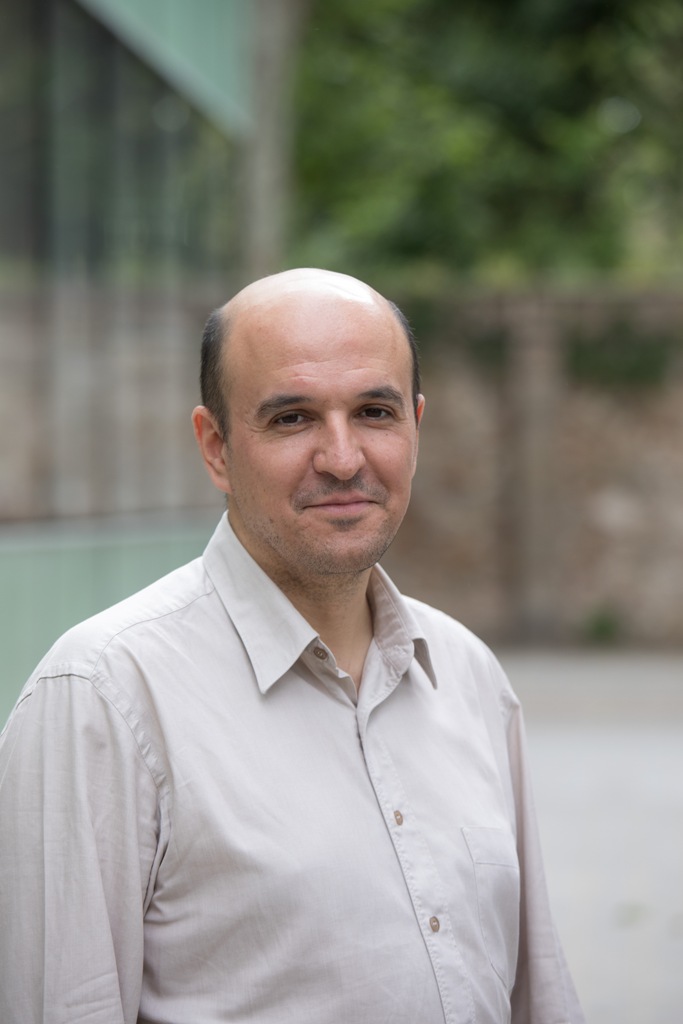The Howard Hughes Medical Institute awards two researchers from Pompeu Fabra University
The Howard Hughes Medical Institute awards two researchers from Pompeu Fabra University

The Howard Hughes Medical Institute (HHMI, USA) has today announced the winners of the International Early Career Award. This distinction is awarded to young and exceptional scientists whose early career promotes the advancement of biomedicine globally. Among the winners are Tomàs Marquès-Bonet, ICREA research professor at Pompeu Fabra University (UPF), and Rubén Moreno Bote, head of the Theoretical and Cognitive Neuroscience Group at Pompeu Fabra University. Both researchers will receive $650,000 spread over five years starting September 2017.
A committee of distinguished scientists examined more than 1,400 applications in the selection process, in which they evaluated both the impact of previous work and the researchers' future prospects. The experts also placed special emphasis on the skills and talents of each candidate. Of the 41 scientists selected, Marquès-Bonet and Moreno Bote are the only ones belonging to a Spanish university.
According to Marquès-Bonet, director of the Institute of Evolutionary Biology, a joint UPF-CSIC centre, "this type of awards allows you to carry out riskier projects that over time can make it possible to expand the limits of knowledge, since they are much more flexible than conventional calls". "His objective during the next five years is to develop a catalogue of genomic variations among the great apes to be able to apply it to conservation and to better understand the evolutionary origin of our species. As the CNAG-CRG researcher comments, "the evolutionary approach can provide a lot of information about the adaptations we have and even have biomedical implications"."
In addition, Moreno Bote's team will study the factors that limit sensory information in the brain. "As some Asperger syndrome patients show, the actual brain capacity might be far greater than what we normally experience. But what are the factors that constrain our capabilities?" For the researcher of the Department of Information and Communication Technologies at UPF, "to understand the factors that limit information in the brain and to know the external agents that reduce the processing of this information could have a very positive impact on education". ", In addition, these results would also allow us to understand the difference between artificial intelligence and human intelligence".

In this second call for the International Early Career Award, the Howard Hughes Medical Institute has partnered with the Bill & Melinda Gates Foundation, the Wellcome Trust and the Calouste Gulbenkian Foundation. The chosen scientists come from organizations and institutions around the world and their research covers a wide variety of biological and medical research areas, including neurosciences, genetics, biophysics, computational biology and parasitology.
Tomàs Marquès-Bonet (Barcelona, 1975) currently directs the Institute of Evolutionary Biology, where he is also principal investigator of the Comparative Genomics Laboratory. In 2006 he completed a four-year postdoctoral stage at the University of Washington (Seattle, USA), thanks to a Marie Curie scholarship, and in 2010 he returned to Barcelona to start his own laboratory with a Ramón y Cajal scholarship. The same year he received a Starting Grant from the European Research Council (ERC) to study the genetic diversity of the great apes. In 2013 he received the prestigious Young Investigator Award from the European Molecular Biology Organization (EMBO) and, among others, has received research funds from the National Institutes of Health (NIH). He has participated in more than 80 scientific articles, including more than 15 articles published in the journals Science and Nature.
Rubén Moreno Bote (Madrid, 1976) has been a Serra Húnter Professor in the Department of Information and Communication Technologies at UPF since 2015. In 2005 he obtained a PhD in Physics from the Autonomous University of Madrid with an Extraordinary Award. He received the Ramón y Cajal Prize in 2010 to create the first computational neuroscience group at the Sant Joan de Déu Foundation, before moving to UPF. His theoretical work investigating the dynamics of neural networks has had a profound impact in the emerging field of theoretical and computational neuroscience, as evidenced by the high number of citations and numerous invitations to give lectures in the most important research institutes such as the National Institutes of Health (NIH) and the Max Planck Institute. His work has been published in prestigious research journals such as Nature Neuroscience and Neuron.
